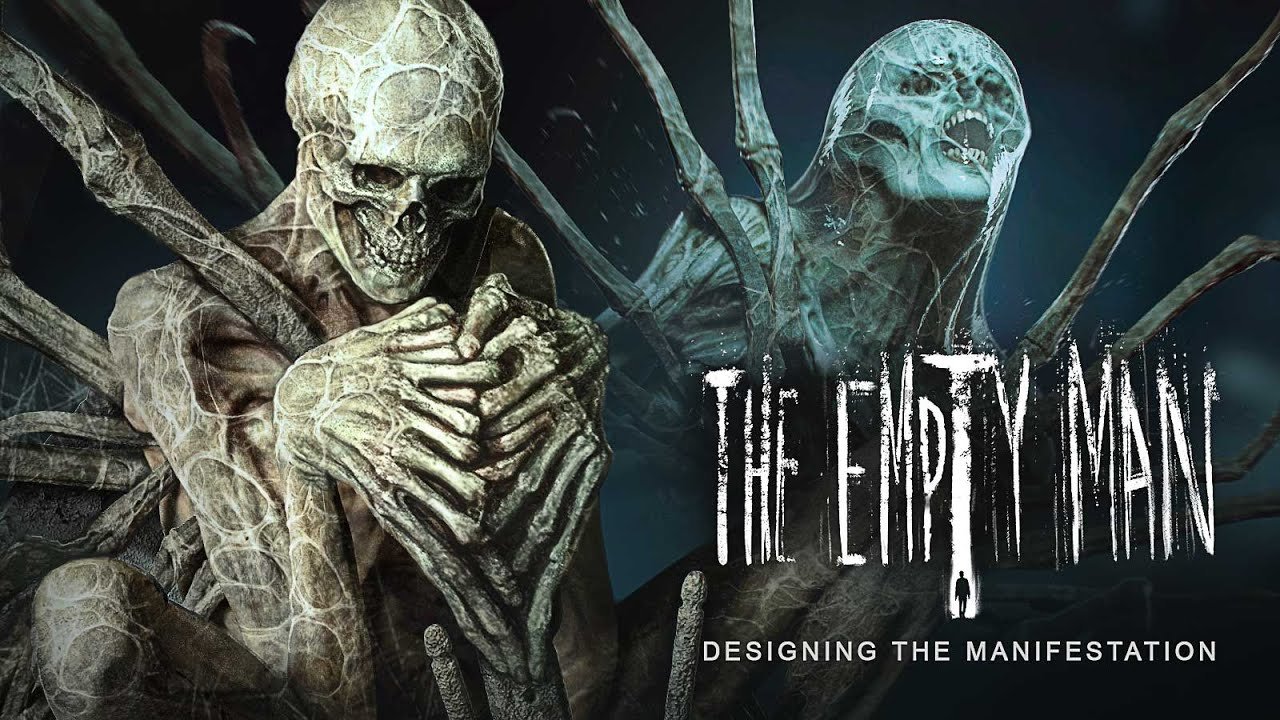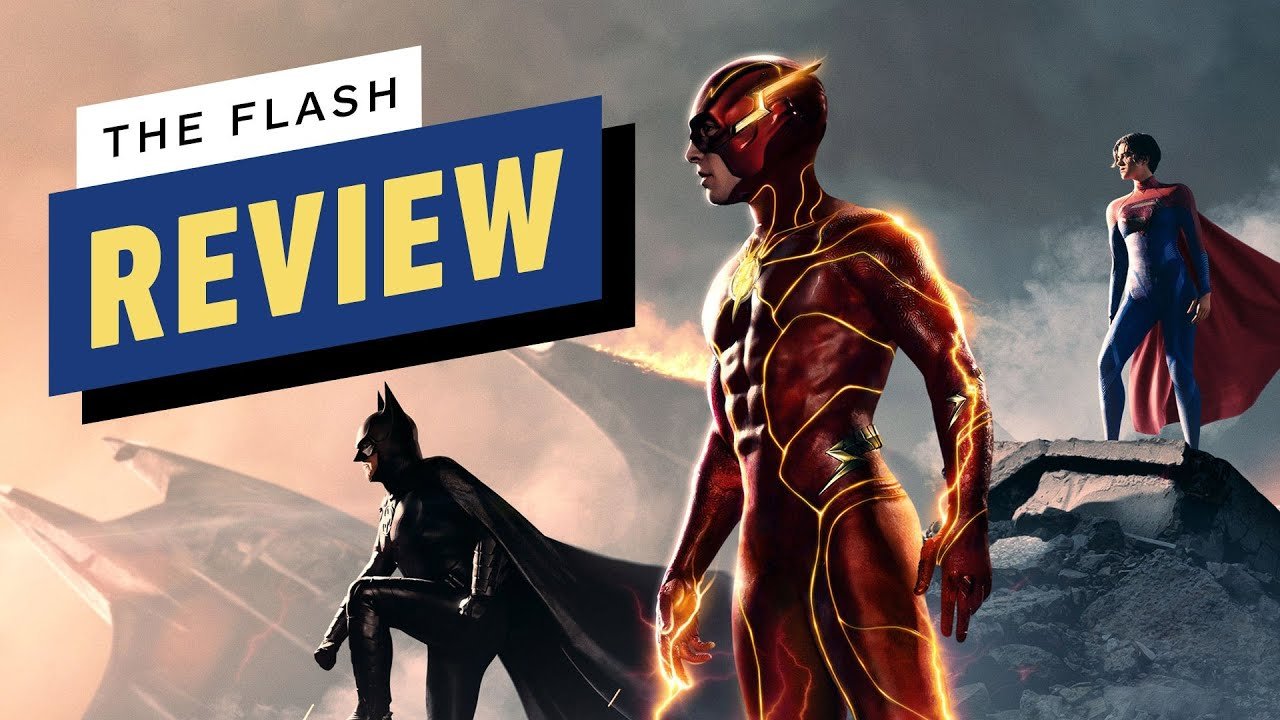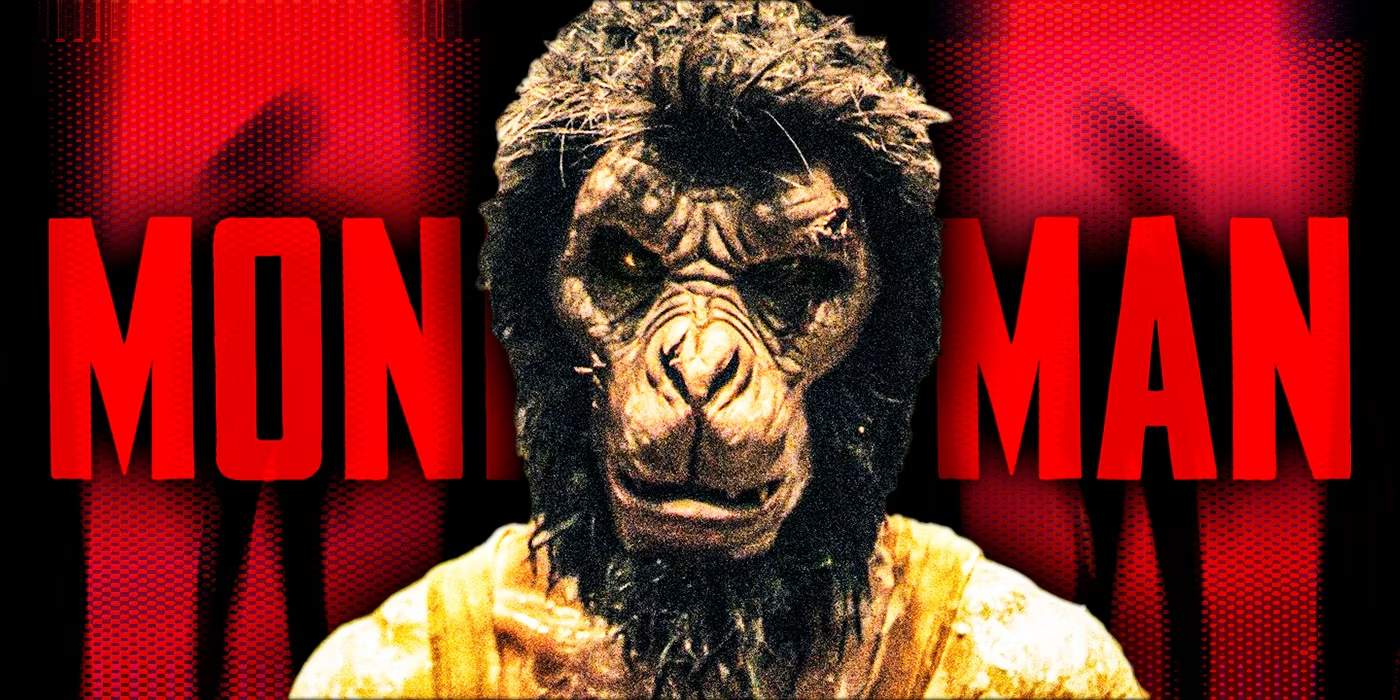In recent years, The Empty Man has fascinated horror movie fans, comic book enthusiasts, and those intrigued by unsettling mysteries. Whether you’ve encountered it as a graphic novel, a film, or through casual discussion, you might be left wondering what exactly “The Empty Man” is and why it’s stirred such a buzz. In this article, we’ll dive deep into the world of The Empty Man and explore its origins, themes, and interpretations. So, let’s examine what lies beneath the surface and why this concept has captivated so many.
The Empty Man: Origins and Background
Before we delve into its complex narrative and symbolism, let’s start by understanding where The Empty Man originated. The concept initially appeared in comic book form, created by writer Cullen Bunn and artist Vanessa R. Del Rey. Published by BOOM! Studios, the graphic novel series, first debuted in 2014. The story was dark, surreal, and filled with psychological horror elements, making it a unique addition to the horror genre.
In 2020, The Empty Man was adapted into a film directed by David Prior. Much like the original graphic novel, the movie follows a chilling, philosophical narrative that blends supernatural horror with a sense of deep existential dread. But just what exactly makes The Empty Man so unsettling?
The Concept of the Empty Man: What Does It Mean?
The Empty Man refers to something elusive and frightening, but its meaning goes beyond the literal interpretation. At its core, The Empty Man symbolizes emptiness in a metaphysical and psychological sense. It’s about feeling lost, disconnected, and adrift in a world without meaning.
The Empty Man is depicted as a supernatural entity or force that manipulates individuals by filling them with a profound sense of emptiness in both the comic series and the film. This phenomenon causes people to spiral into madness, often leading them to commit horrific acts or abandon their sense of self entirely. The Empty Man isn’t just a ghost or monster – it represents a profound existential void that consumes both the mind and spirit.
The Empty Man’s Symbolism
- Existentialism and the Void: The Empty Man explores existential themes such as the meaning of life, the fear of death, and the inherent emptiness that comes with the human experience. The Empty Man is an embodiment of the void—something we humans struggle to face.
- Isolation and Despair: Many characters in The Empty Man feel an overwhelming sense of isolation, struggling to connect with the world around them. This represents a universal fear many face in a disconnected, technology-driven society.
- Manipulation and Control: The Empty Man symbolizes how forces can manipulate people they don’t fully understand, whether cults, ideologies, or even their emotions. The idea of “emptying” someone emotionally and mentally gives rise to a haunting question: What happens when we let go of everything we think we know?
A Psychological Horror: The Empty Man Movie
The film adaptation of The Empty Man was released in 2020, directed by David Prior. Although it didn’t receive widespread commercial success, it gathered a cult following due to its eerie tone, intricate plot, and philosophical depth. The film presents the Empty Man as an evil supernatural force linked to an urban legend.
At the center of the movie is James Lasombra, a former detective whose investigation into a missing girl leads him to a disturbing series of events. As he uncovers deeper layers of mystery, he begins to lose his grasp on reality, ultimately encountering the terrifying manifestation of the Empty Man himself.
Key Themes in the Film
- Psychological Breakdown: As James delves deeper into the mystery, the line between what’s real and what’s imagined blurs. This descent into madness mirrors the film’s psychological horror approach, where the real terror stems not from external forces but from the unraveling of one’s mind.
- The Cult and the Empty Man: One of the central plot elements involves a mysterious cult that worships the Empty Man. The cult’s beliefs and practices highlight the film’s theme of manipulation and the power of ideology to take over people’s lives. It’s a commentary on how easily people can be led to believe in something, even based on fear and despair.
- The Concept of Death and Rebirth: The Empty Man isn’t just about horror in a physical sense. It’s a journey into the philosophical realm of life, death, and rebirth. The film explores how people try to transcend their earthly limitations, even if it means confronting their destruction.
Unpacking the Mystery: The Empty Man Explained
While the film and comic book series introduce us to the overarching story of the Empty Man, numerous layers of meaning and symbolism are woven into the narrative. Let’s break down some of the most important elements.
The Empty Man as a Metaphysical Entity
One of the most striking aspects of The Empty Man is whether the Empty Man is a literal entity or a metaphor for something deeper. The story’s ambiguity allows viewers and readers to interpret the Empty Man as both a supernatural being and a representation of the inner emptiness that plagues many characters.
- A Literal Force: As a supernatural being, the Empty Man can be seen as an entity that possesses or influences individuals. This interpretation suggests that the Empty Man is a powerful, intangible force that can manipulate the physical world.
- A Metaphysical Representation: Alternatively, the Empty Man could be viewed as a metaphor for the emptiness people feel when faced with existential questions. This interpretation suggests that the Empty Man represents our collective fears and anxieties, which, when left unchecked, can lead to destructive consequences.
The Role of the Cult
The cult plays a crucial role in spreading the Empty Man’s influence in both the movie and the graphic novel. They are depicted as a secretive group that believes in the power of the Empty Man to transcend death and bring about a new form of existence. The cult’s disturbing rituals and brainwashing techniques reflect the dangers of unquestioning belief and the human need for purpose, even at the cost of one’s soul.
- The Cult as a Paradox: The cult’s belief in the Empty Man is paradoxical. They worship an entity representing emptiness, yet they hope to achieve fulfillment through devotion. This mirrors the human condition: seeking meaning in a world that can sometimes feel devoid of purpose.
- Psychological Manipulation: The Empty Man cult uses psychological manipulation to brainwash individuals, leading them to commit horrific acts. This aspect of the story highlights the vulnerability of the human mind when it is pushed to its limits by fear and uncertainty.
The Mystery of the Ending
Without giving too much away, the ending of The Empty Man movie is intentionally cryptic and open to interpretation. The Empty Man sparked a lot of discussion and debate among film fans. Some believe the conclusion is a metaphor for the inevitable dissolution of the self, while others see it as an exploration of rebirth and transcendence.
The ending is meant to leave audiences unease, making them question everything they thought they knew about the story and the Empty Man. This ambiguity is part of what makes The Empty Man so fascinating and open to interpretation.
How The Empty Man Reflects Modern Fears
The themes explored in The Empty Man feel incredibly relevant in today’s world, which is filled with uncertainty and rapid change. The Empty Man embodies several modern fears and anxieties, particularly about our sense of identity and purpose.
- The Fear of Meaninglessness: In a society where many people feel disconnected from their communities or their deeper selves, the idea of an all-encompassing emptiness becomes a powerful metaphor. The Empty Man taps into the fear that life might not have any inherent meaning and that we are drifting through existence.
- Social Alienation: With the rise of technology and social media, many individuals feel lonely and isolated despite being more “connected” than ever. The Empty Man’s presence in the story reflects the sense of disconnection that many people think in a world that increasingly values superficial interactions over genuine human connection.
- The Search for Belonging: The cult in The Empty Man represents a desire for belonging, a search for meaning in a chaotic and indifferent world. This resonates with the modern search for purpose, as many people turn to ideologies or belief systems to find meaning.
Conclusion: Why The Empty Man Resonates With Audiences
The Empty Man taps into deep human fears—of isolation, existential emptiness, and losing control over one’s mind. Whether you experience it through the graphic novel or the film, the unsettling feeling of an unseen force slowly taking over is a universal theme that resonates with anyone who’s faced doubt, despair, or the fear of nothingness.
So, when you hear The Empty Man Explained, remember that it’s not just about the physical or supernatural horror at play—it’s about confronting the real psychological and philosophical horrors of modern existence. By exploring the story’s deeper meanings, we can reflect on our meaning, purpose, and connection struggles. The Empty Man serves as a reminder of what we fear most:
- The void inside.
- The loss of self.
- The dangers of letting go of everything we hold dear.
In the end, The Empty Man isn’t just about a monster. It’s about our fears, struggles, and attempts to understand the world in all its complexity. And that’s why it continues to captivate audiences, inviting them to question the world of the Empty Man and the world within themselves.




